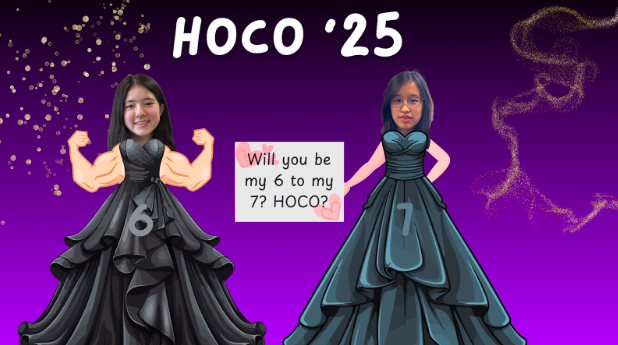Americans sound the alarm on the future of daylight savings
November 16, 2022
As the year starts to close, Americans again shifted their clocks an hour back this November in response to the never-ending cycle of daylight savings. However, this may be the last time we see an annual shift after the U.S. Senate passed legislation earlier this year, known as the Sunshine Protection Act, to permanently keep our clocks in daylight savings time. The House of Representatives has yet to pass the bill, resulting in discussions emerging across the country during this time on whether or not the clock shifts are detrimental or not.
According to a study by the American Heart Association, losing an hour of sleep when we “spring forward” in March can negatively impact your heart and brain. It was found that in the first week, when Americans are getting used to the shift, hospital admissions for atrial fibrillation, a type of irregular heartbeat, rose to approximately 3.13 admissions a day compared to the yearly average of 2.56.
Similarly, a study constructed by the University of Michigan found correlations in an increase of daily heart attacks by 24% from the springtime change; however, a decrease by over 21% after the “fall back” in November when gaining an extra hour of sleep.
This correlation was the common theme for people’s concerns regarding the issue with daylight savings time and the “spring forward” that happens in March. U.S. Representative Frank Pallone expressed similar views when the House Energy and Commerce Committee held a hearing this year.
“The loss of that one hour of sleep seems to impact us for days afterwards,” Pallone said. “It also can cause havoc on the sleeping patterns of our kids and pets.”
An article from Reuters stated that Pallone cited a 2019 poll where 71% of Americans preferred to no longer switch their clocks twice a year. However, Pallone did not state whether to support daylight savings time or standard time.
On each side, there are many nuanced arguments. A study made by Current Biology suggests that staying in year-round daylight savings would reduce deer-vehicle collisions. It was found that collisions with deer are 14 times more likely following the “fall back” when we change our clocks back an hour.
On the opposing side, sleep medicine specialist Kin Yuen expressed concerns about daylight savings. She mentioned that when people wake up when it is still dark out, hormones like cortisol may not be awake, making them feel drowsy and tired.
This was another common debate about whether to advocate for permanently staying in daylight savings time or standard time. Standard time makes sunrises and sunsets appear earlier, making our mornings brighter and our evenings darker. Daylight savings time does the opposite, making our mornings darker and our evenings brighter. Despite all these debates, people will still have to wait for a decision to be made as the House of Representatives continues to put off the situation.
The Sunshine Protection Act, although first introduced in March 2021, has been put on hold for over two years in the House despite the Senate’s unanimous approval.
Pallone goes on to explain the situation regarding the Sunshine Protection Act.
“I can’t say it’s a priority,” Pallone said. “We have so many other priorities, but it doesn’t mean because it’s not a priority that we’re not trying to work on it. We are.”
The setbacks in Congress mean that we will have to wait another year concerning the future of daylight savings time.


